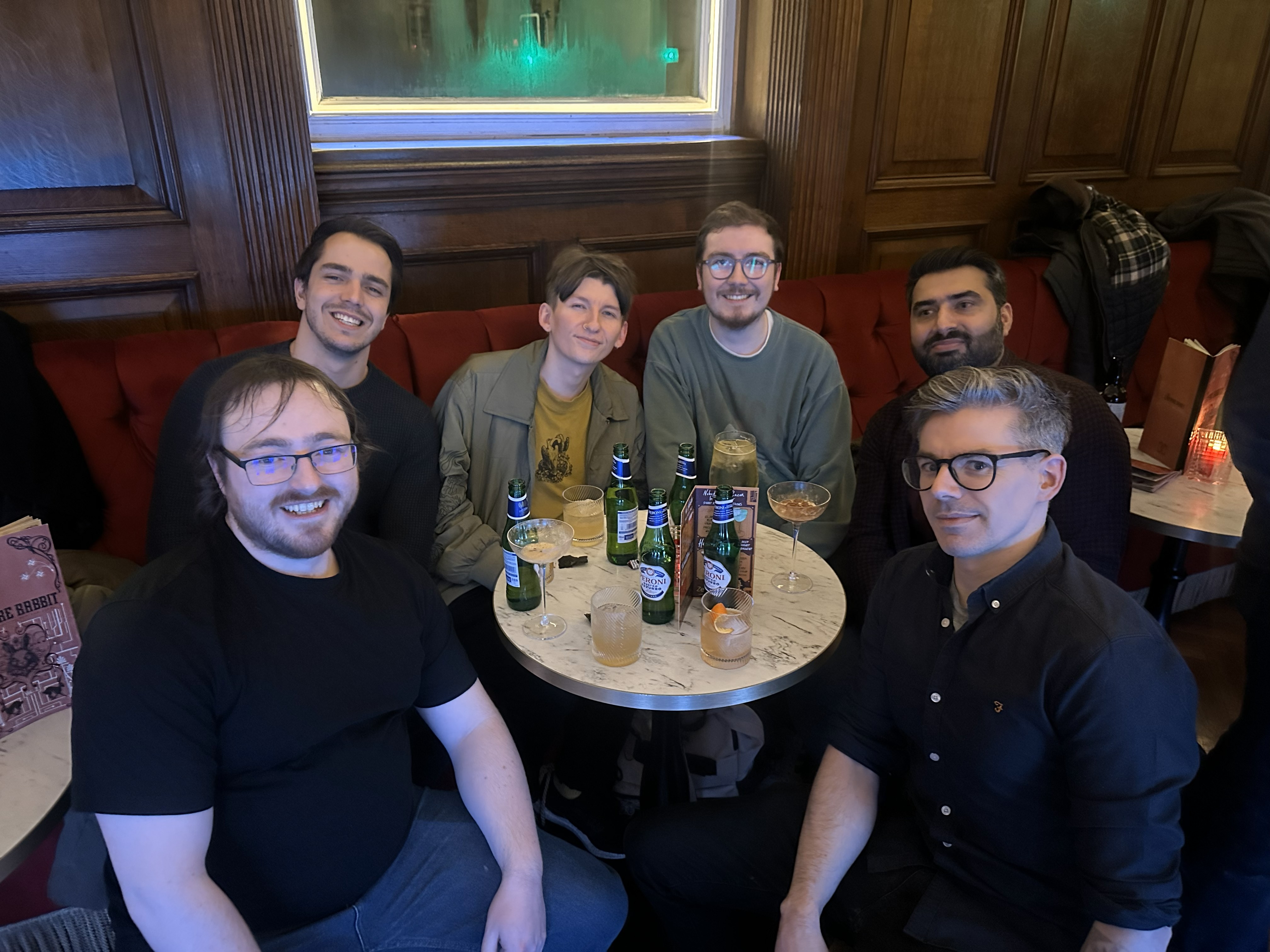We recently ran a coaching workshop at ZeroLight during our quarterly collaboration week and talked about the four stages of competence and how we can use this to support ourselves and each other during times when we may feel more vulnerable and uncertain.
It was a topic that generated a lot of interest from our staff, so we wanted to share this wider!
If you’re unfamiliar with the four stages of competence, it can be summarised as a model that highlights the psychological phases we go through when we’re learning something new.
- Unconscious Incompetence: You don’t know what you don’t know. You’re unaware of the skills you are lacking, you’ve no idea that there are areas where you are deficient.
- Conscious Incompetence: Now you’ve realised what is lacking. Suddenly you are aware of a huge gulf between where you are now and where you need to be. You don’t know how you’ll get there. You feel uncomfortable, vulnerable. This is the danger zone - the time when you are most likely to quit.
- Conscious Competence: You’ve passed through the danger zone and you are doing a good job of developing the skills you need. You are performing them at a decent level. You still need to think about it as you’re doing it, to focus. If something went wrong, you might need to call on someone with more experience to help you resolve it.
- Unconscious Competence: You can carry out the skills without having to think about it. It’s second nature to you. It’s instinctual.

If you think back on anything - your school life, your career, your hobbies - you’ll be able to recognise yourself in the four stages.
That blasé sense of ‘it’ll all be fine’ in the beginning followed by the uncomfortable realisation it’s much harder work than you anticipated, then the breakthroughs, things clicking into place, finding your flow and finally a moment further down the line when you realise you’re now doing the thing without thinking, you’ve achieved mastery.
The danger zone is stage 2 - conscious incompetence. This is the stage where you are mostly likely to experience imposter syndrome or give up on something entirely because it all feels too much.
If you are in stage 2, you may have just started a new role or had a promotion and feel out of your depth, here’s some simple tips to get you through to next phase:
- Remember you are a beginner. You are learning something new. No one will expect you to know it all at this stage. Set your own expectations at the right level in terms of what you can learn and by when.
- Make a plan. Sometimes it can feel like the distance between where you are now and where you need to be is enormous. The best way to overcome this is to plan out the learning and work needed. Break this down into steps and set your own milestones. If that feels too big, start with the first 3 steps you need to take in the next week. Then look at the next 3 actions after that. Review the progress you’ve made weekly.
- Ask questions. Find out who has the information you need and ask them for some time. Ask for clarity in meetings if you aren’t sure on something. No one is judging you for this. It’s more likely they’ll see you are engaged and committed to learning.
- Don’t internalise negative thoughts or feelings to make it mean more than it actually does. If you feel out of your depth, that’s OK, it’s completely normal. What isn’t OK is allowing that feeling to become a belief that you are never going to be good enough. Don’t make the leap from being nervous and unsure to believing that you are a failure. Observe these feelings and ask yourself what you can do to feel more confident, or to improve yourself in the areas where you feel unsure.
The good news is that once you have completed your learning journey you’ll start to move from stage 2 to stage 3 - conscious competence, which is where you will really start to find your groove and enjoy yourself!
We offer one to one coaching with our Talent Team at ZeroLight to support our employees through challenges like feelings of conscious incompetence. We love to apply theories such as this one to help staff better understand the complexities of their thought processes and what might hold them back from achieving their goals.

-scr.jpg)










